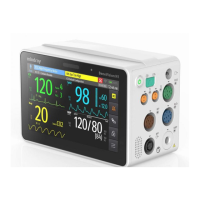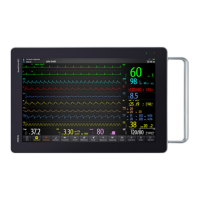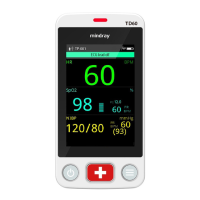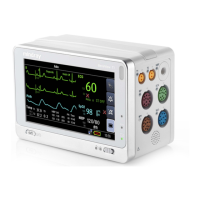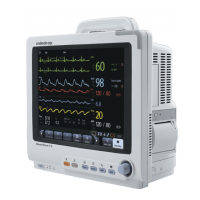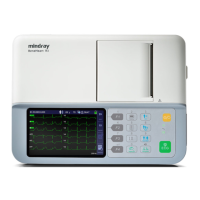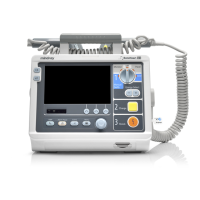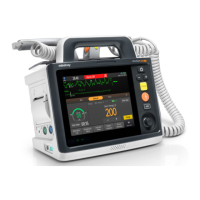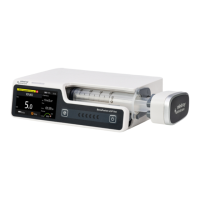BeneVision N Series Patient Monitor Operator’s Manual E - 1
E Electrical Safety Inspection
The following electrical safety tests are recommended as part of a comprehensive preventive maintenance
program. They are a proven means of detecting abnormalities that, if undetected, could prove dangerous to
either the patient or the operator. Additional tests may be required according to local regulations.
All tests can be performed using commercially available safety analyzer test equipment. These procedures
assume the use of a 601PROXL International Safety Analyzer or equivalent safety analyzer. Other popular testers
complying with IEC 60601-1 used in Europe, such as Fluke, Metron, or Gerb, may require modifications to the
procedure. Please follow the instructions of the analyzer manufacturer.
The electrical safety inspection should be periodically performed every two years.The safety analyzer also proves
to be an excellent troubleshooting tool to detect abnormalities of line voltage and grounding, as well as total
current loads.
E.1 Power Cord Plug
E.2 Device Enclosure and Accessories
E.2.1 Visual Inspection
Test Item Acceptance Criteria
The power plug The power plug pins No broken or bent pin. No discolored pins.
The plug body No physical damage to the plug body.
The strain relief No physical damage to the strain relief. No plug warmth for device in
use.
The power plug No loose connections.
The power cord No physical damage to the cord. No deterioration to the cord.
For devices with detachable power cords, inspect the connection at
the device.
For devices with non-detachable power cords, inspect the strain relief
at the device.
Test Item Acceptance Criteria
The enclosure and accessories No physical damage to the enclosure and accessories.
No physical damage to meters, switches, connectors, etc.
No residue of fluid spillage (e.g., water, coffee, chemicals, etc.).
No loose or missing parts (e.g., knobs, dials, terminals, etc.).
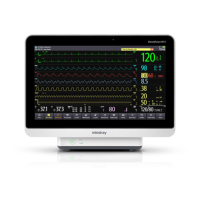
